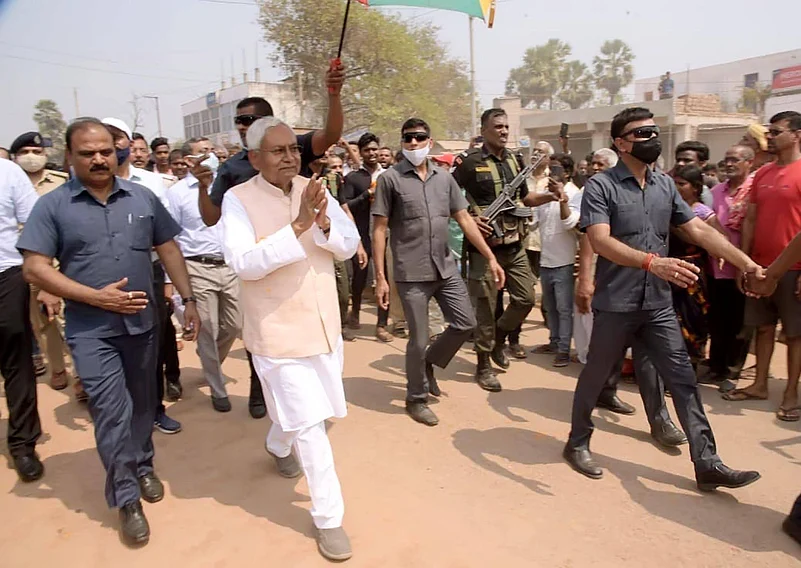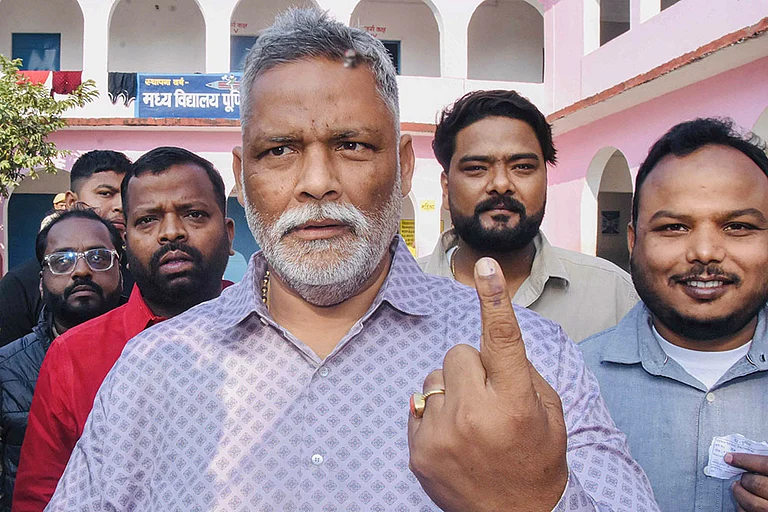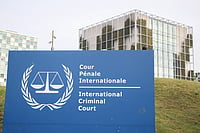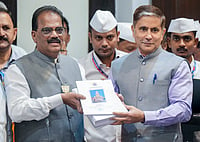
Harnaut, in Nalanda district, is deeply tied to Chief Minister Nitish Kumar’s political roots. It was the first seat he won in 1985, anchoring his rise from a JP Movement activist to a state leader. The constituency remains central to JD(U)’s identity and Nitish’s home-ground narrative ahead of the 2025 Bihar elections.
Since the 2000s, Harnaut has been a reliable bastion for JD(U). Current MLA Harinarayan Singh has held the seat since 2010, reflecting sustained voter confidence in Nitish’s governance and local organisational strength.
Beyond electoral arithmetic, Harnaut carries symbolic and dynastic importance speculation around Nitish’s son Nishant Kumar contesting has heightened its visibility. The constituency’s verdict in 2025 will be seen as a barometer of Nitish’s enduring influence and the JD(U)’s grassroots hold in Bihar.
Harnaut, a largely rural assembly constituency in Nalanda district and a gateway to the region’s tourist and cultural belt, has gained outsized political significance due to its links with Chief Minister Nitish Kumar.
Part of the Nalanda Lok Sabha seat, the constituency carries symbolic weight for the Janata Dal (United). It lies within Nitish’s home turf and has long been treated by his party as a stronghold in south-central Bihar. As parties have finalises their strategies for the November 2025 Bihar polls, Harnaut’s demographic profile — a significant Kurmi and other EBC (economically backward caste) presence — alongside rural agrarian concerns such as irrigation and migration, and a history of JD(U) victories, make it a key barometer of Nitish’s appeal among his core social base.
Harnaut’s Electoral History
The Harnaut assembly constituency, created after Bihar’s delimitation in the early 1970s, has long carried political significance in Nalanda district. Electoral records list Bhola Prasad Singh, an independent, as the earliest modern winner in 1977, with successive contests in the 1980s and 1990s reflecting shifting party fortunes — from Janata groupings to the consolidation of the Janata Dal (United).
Nitish Kumar’s association with Harnaut is central to its political identity. After unsuccessful bids in the late 1970s and 1980, he won the seat in 1985 as a Lok Dal candidate and again in 1995 under the Samata Party banner. These victories cemented his rural and caste-coalition base in Nalanda. Although he has not contested the assembly here since the 1990s, focusing instead on parliamentary and upper-house seats, Harnaut remains symbolically linked to his political biography and the JD(U).
Since the 2000s, Harnaut has been a JD(U) stronghold. Harinarayan Singh carried the seat in 2010, 2015, and 2020, defeating challengers from the LJP and other local outfits with comfortable margins. The 2020 results saw him secure over 40 per cent of the vote, underlining JD(U)’s organisational advantage. The constituency serves both as a reliable seat in electoral calculations and a showcase for development claims in Nitish’s home region.
Local issues continue to shape politics in Harnaut: agrarian distress, seasonal migration, irrigation, rural infrastructure, gaps in schools and health facilities, and welfare delivery. The JD(U), often with BJP support in the NDA, emphasises welfare schemes, roads, electrification, and targeted benefits for EBC and Kurmi households, while opposition parties focus on youth unemployment and migration to challenge the “sushasan” narrative.
The 2025 elections add another dimension: reports suggest Nitish’s son, Nishant Kumar, could make his electoral debut here. Any such move would turn the symbolically linked seat into a site of leadership succession politics, influencing candidate selection and caste dynamics. For the JD(U), managing Harnaut is both a practical and symbolic priority, linking Nitish’s personal past to his governance record.
Looking ahead to November 2025, Harnaut remains a constituency to watch. Its mix of history, symbolism, and local issues will indicate whether the JD(U)’s organisational strength and Nitish’s appeal can withstand the electoral pressures of the coming polls.





























